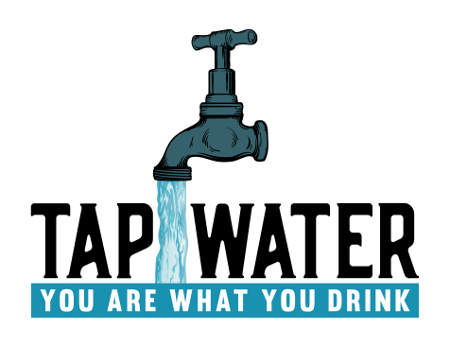
Can I drink the tap water?
How good is the tap water in Davao City, Philippines ?
All in all, 38% of folks here drink from the tap.
How good is the tap water in all of Philippines?
All in all, 11% of folks here drink from the tap.
Can you drink the tap water in Davao City then?
What residents and travelers say
Experiences with tap water quality in Davao City vary depending on the neighborhood and the source of water. Many locals report that the tap water tastes chlorinated but generally safe for basic household use. In central areas served directly by the Davao City Water District (DCWD), residents often consider the water acceptable for brushing teeth and cooking after boiling, though some prefer to use filters to improve taste and clarity. Outside these zones, especially in more rural or newly developed districts, users sometimes find the water has a stronger aftertaste or sediment content, prompting them to rely on bottled or purified water.
Commonly, households use simple charcoal or ceramic filters as a first step, followed by boiling, which helps with safety and taste. Many travelers advise buying sealed bottled water or using portable water filters if staying short-term, given variability in water safety standards by building or subdivision. Some apartment buildings implement additional filtration systems at the point of entry, contributing to better perceived quality among residents. However, caution is still recommended in less centralized areas or during the rainy season when water sources can be affected by runoff.
- Taste: Mildly chlorinated in city center, sometimes earthy or musty in outskirts.
- Filtering habits: Most locals use basic home filters plus boiling, especially outside main service areas.
- Drinking norms: Tap water rarely consumed directly; boiling or bottled water preferred.
- Refill stations: Common and considered cost-effective for everyday hydration.
- Building-level variability: Newer apartments often have on-site filtration, while older areas rely on standard city supply.
For the most accurate and up-to-date information, it is advisable to consult official sources such as the Davao City Water District (DCWD), the Davao City Government Health Office, or the Department of Health Regional Office XI. These agencies provide regular water quality reports and health advisories that can guide safe water use decisions.
Further reading on tap water in Davao City
To verify tap water quality and advisories in Davao City, residents can start by visiting the official website of the Davao City Water District (DCWD), which provides updates on water supply and quality. Additionally, checking the City Health Office and the Department of Health regional office websites can offer public health advisories related to water. For national standards and broader health guidelines, the Department of Health (DOH) Philippines website and the World Health Organization (WHO) site are reliable sources. Following official social media accounts of DCWD and DOH can also provide timely alerts and announcements concerning water safety.
- https://dcwd.gov.ph" rel="noopener" target="_blank">Davao City Water District (DCWD)
- https://davaocity.gov.ph/government/department/health-office/" rel="noopener" target="_blank">Davao City Government Health Office
- https://ro11.doh.gov.ph" rel="noopener" target="_blank">Department of Health Regional Office XI
- https://doh.gov.ph" rel="noopener" target="_blank">Department of Health Philippines
- https://www.who.int/philippines" rel="noopener" target="_blank">World Health Organization - Philippines